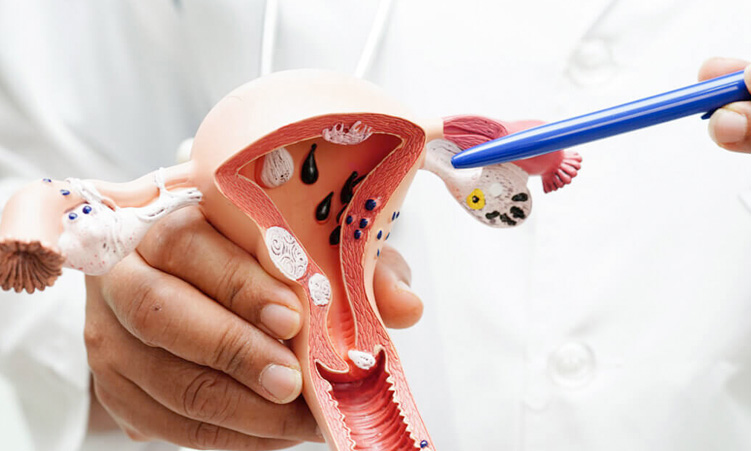The cervical cancer rate in Namibia is 37.5 per 100 000 women, about three times higher than the global rate.
Cervical cancer is one of the most preventable cancers, and doctors in Namibia are advocating greater access to healthcare and the human papillomavirus (HPV) vaccine to reduce the prevalence of the disease.
November 2009 was a turning point in the life of Barbara Kamba-Nyathi. At the age of 29 she was diagnosed with stage three cervical cancer.
Her doctors recommended radiation therapy as opposed to chemotherapy, because at that time, she had not yet had children and radiation therapy would help her avoid premature menopause.
But that was not her only struggle.
Kamba-Nyathi, who lived in Windhoek at the time, says she faced stigma for cervical cancer’s association with HIV and HPV.
“One of the challenges that come with having a diagnosis like cervical cancer is that in our African society, it’s usually taboo to talk about things of our reproductive organs, you know, our reproductive system is taboo,” says Kamba-Nyathi.
“We don’t talk about such things and in the end, we tend to normalise pain and even things that don’t feel right in our bodies. We tend to normalise them and they become part of our identity.”
Cancer Association of Namibia chief executive Rolf Hansen says a lack of education and access to healthcare prevents many women from getting tested or being treated for cervical cancer or HPV, which is the second-leading cause of cancer among sub-Saharan women.
“HIV and HPV work hand in hand to fuel the cervical cancer pandemic,” says Hansen.
“Now, in our country as well, we see that in our low-income setting as well as our rural setting, we have a high HPV prevalence and high cervical cancer rate, so a lot of work needs to be done at a grassroots level so that we can actually combat this disease.”
Doctors Simon and David Emvula provide health services to underprivileged communities, together with the Be Free/Break Free programme – an initiative of former first lady Monica Geingos – in Namibia’s largest township of Katutura.
They are advocating the roll-out of the HPV vaccine for girls between the ages of nine and 14, before they become sexually active.
Emvula says during one screening in Windhoek on Saturday, they treated more than 100 patients, screening girls and women for HPV, cervical cancer, fibroids and other sexually transmitted infections and sexually transmitted diseases.
“The turnout was actually beyond what we expected and, once again, it was an eye-opener. . . that there is definitely a need for that,” says Emvula.
Emvula says a HPV vaccination is among the most effective ways to prevent cervical cancer, but that the government of Namibia is lagging behind.
HPV vaccines have been introduced in 129 countries worldwide and the Namibian government has endorsed the roll-out of the vaccines for girls ages nine to 14.
Despite promises made as reported by Voice of America last year, the vaccines have not yet been made available.
Namibia’s executive director of health, Ben Nangombe, could not be reached for comment.
– Voice of America
Stay informed with The Namibian – your source for credible journalism. Get in-depth reporting and opinions for
only N$85 a month. Invest in journalism, invest in democracy –
Subscribe Now!










